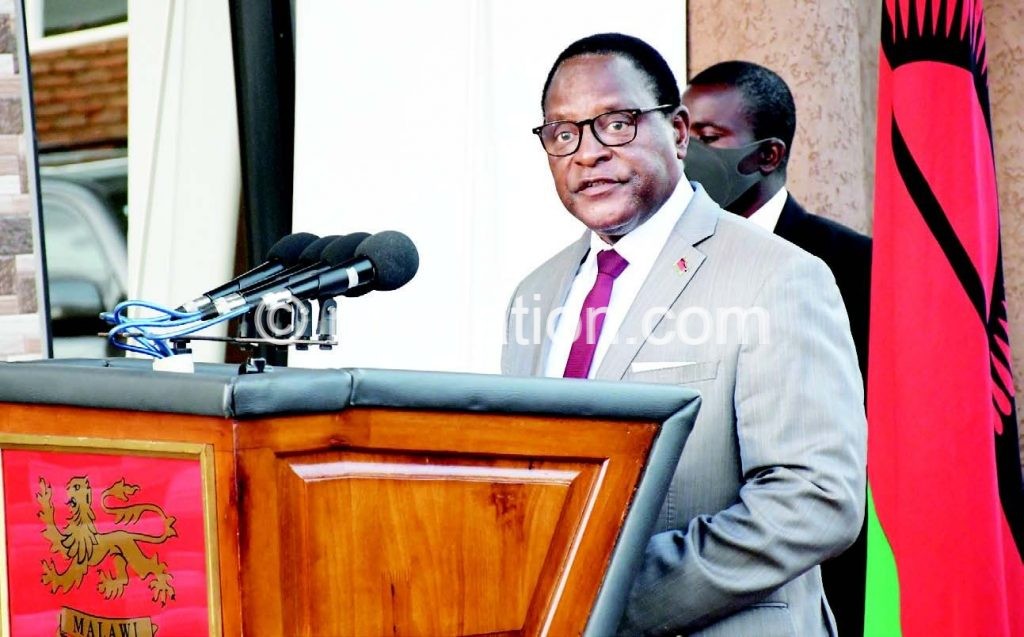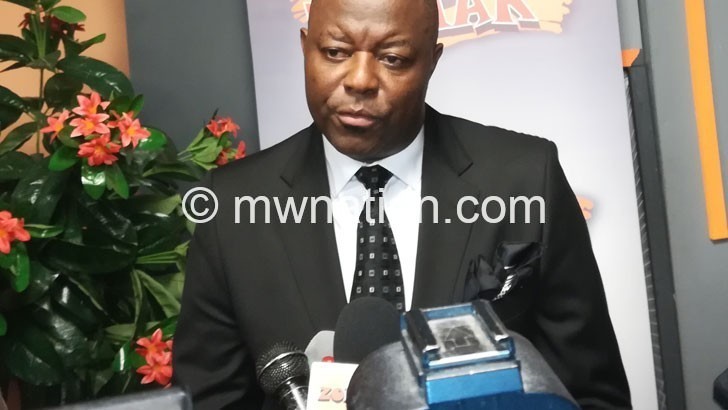Implement ATI Act—Panos
Panos Institute Southern Africa (PSAf) has asked newly-appointed Minister of Information Gospel Kazako to expedite the operationalisation of the Access to Information Act (ATI) and free up Malawi Broadcasting Corporation (MBC) to function as a public broadcaster.
President Lazarus Chakwera appointed a 31-member Cabinet on Wednesday, with Kazako, a veteran broadcaster and owner of multi-award winning Zodiak Broadcasting Station, at the helm of the Information Ministry.

A statement issued on Thursday by Panos executive director Vusumuzi Sifile encourages the new minister to prioritise building a vibrant media sector that will amplify voices of all Malawians on development issues, enhance engagement between citizens and decision makers, and provide a platform for citizens to hold their leaders to account on public service.
Reads the statement in part: “As a starting point towards this, we encourage Mr Kazako to expedite the operationalisation of the Access to Information Act.
“We have no doubt of Mr Kazako’s potential to excel in his new position, considering his illustrious record at Zodiak Broadcasting Station. Mr Kazako built Zodiak into a media powerhouse in Malawi, blazing a trail for other media actors across the region.”
Born on December 29 1968, Kazako founded ZBS in 2005 after working for taxpayer funded Malawi Broadcasting Corporation (MBC).

Panos observes: “We also encourage Mr Kazako to use the opportunity to free up the public broadcaster, MBC, so that it can function as a truly public service broadcaster.
“As a former employee of MBC, and as a proprietor of a private media house, we are confident Mr Kazako appreciates the importance of media freedom as a catalyst for the realisation of the new administration’s objectives on media growth in Malawi.”
Panos also commended Chakwera for his commitment to operationalise the ATI law.
Among other issues, the ATI Act provides for the right to access information held by public entities and relevant public bodies.
The ATI law was enacted in 2016 but is still not operational because of delays in the setting up of the necessary systems and structures to facilitate its implementation.





